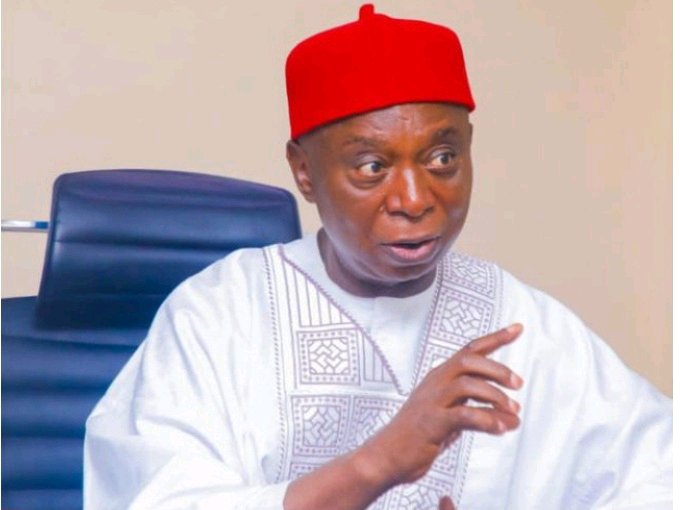According to a report by the Punch on Monday, September 15, 2025, senator Ned Nwoko, representing Delta North Senatorial District, has intensified his campaign for Igbo unity and identity restoration, urging Igbos in the Southeast to embrace their kin scattered across other parts of Nigeria. The lawmaker emphasized that many Igbos in the South-South, Kogi, and Benue states continue to grapple with an identity crisis stemming from the aftermath of the Nigerian Civil War.
Nwoko pointed to historical tragedies like the 1966 Asaba massacre, which forced many Anioma people and other Igbos outside the Southeast to deny their true identity to survive. He noted that some even adopted Benin names to escape targeted violence during that period.
Addressing the specific case of Anioma identity, the senator asserted, “Those who want to claim Benin should go ahead, but 99.9 percent of Anioma people are Igbos.” He highlighted cultural similarities in names, lifestyles, ancestral deities, attire, cuisine, and traditional market days as evidence of shared heritage with the larger Igbo society.
Nwoko’s initiative forms part of a broader effort to heal the lingering wounds of the civil war and foster a renewed sense of unity among Igbos nationwide. He stressed that the restoration of Igbo identity is essential for cultural preservation and political cohesion, particularly as the community faces contemporary challenges. The senator’s campaign has garnered support from various Igbo groups who view this unification as crucial for the community’s future development and influence within Nigeria’s diverse political landscape.
The lawmaker’s advocacy extends beyond cultural solidarity to practical political objectives, including his ongoing push for the creation of Anioma State. This proposed state would integrate the Anioma people more fully into the Southeast geopolitical zone. See, More, Here>>>>
Strengthening regional representation and addressing long-standing concerns about marginalization. Nwoko’s efforts align with Ohanaeze Ndigbo’s vision and represent a significant step toward reconciling historical divisions while building a more unified and empowered Igbo community for future generations.

